7 Little Daily Habits That Make Life After Retirement Even Better
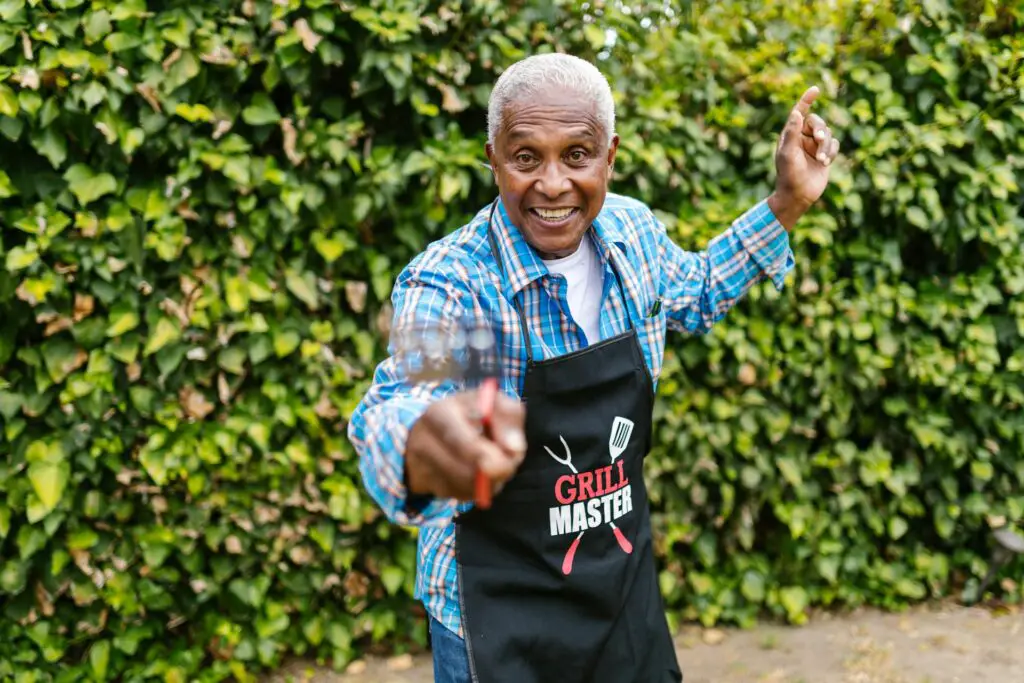
Retirement is a fresh start, not a finish line. With more free time, small daily habits can make a big impact on your well-being. These simple changes can bring more joy, better health, and a sense of purpose. The best part? They don’t take much effort but make life much sweeter.
1. Start the Day with Gratitude

A simple “thank you” can change your entire outlook. Taking a few moments each morning to reflect on what you’re grateful for can set a positive tone for the rest of the day. It doesn’t have to be anything grand—maybe it’s the warm sunlight, a good cup of coffee, or a phone call from a friend. Studies show that practicing gratitude can lower stress, improve sleep, and even boost heart health. Keeping a small journal to jot down daily blessings is a great way to make this habit stick. The more you practice, the easier it becomes to notice life’s little joys.
2. Walk for at Least 20 Minutes

Walking is one of the easiest and most effective ways to stay active after retirement. It keeps your heart healthy, strengthens muscles, and improves mood. A 20-minute walk each day can help lower the risk of heart disease, arthritis, and even dementia. Plus, it’s a great way to enjoy fresh air and connect with nature. If walking alone feels dull, consider joining a walking group or listening to music or a podcast. A fun fact? Walking regularly can actually boost creativity by up to 60%, according to Stanford University research.
3. Try Something New Every Day
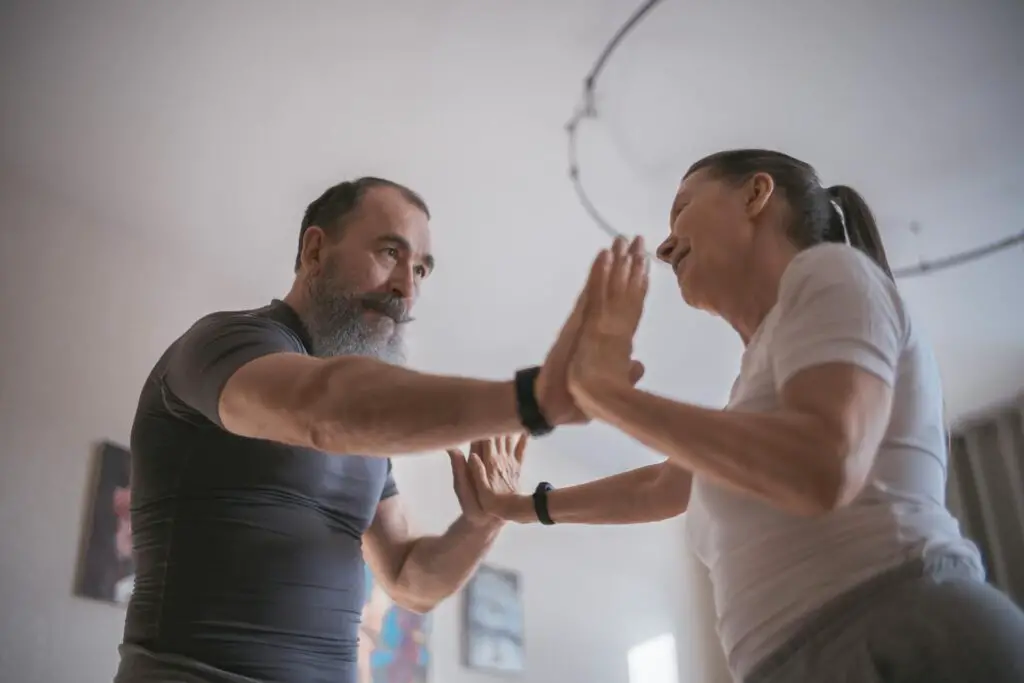
Keeping your brain active is just as important as keeping your body moving. Learning something new each day, even something small, keeps your mind sharp and engaged. It could be a new word, a recipe, a hobby, or even a different route for your daily walk. The brain thrives on novelty, and studies suggest lifelong learning helps reduce cognitive decline. Plus, it adds a sense of adventure to daily life. Trying new things doesn’t mean big commitments—small changes like reading a new genre or trying a new type of tea can bring fresh excitement.
4. Stay Social—Even in Small Ways
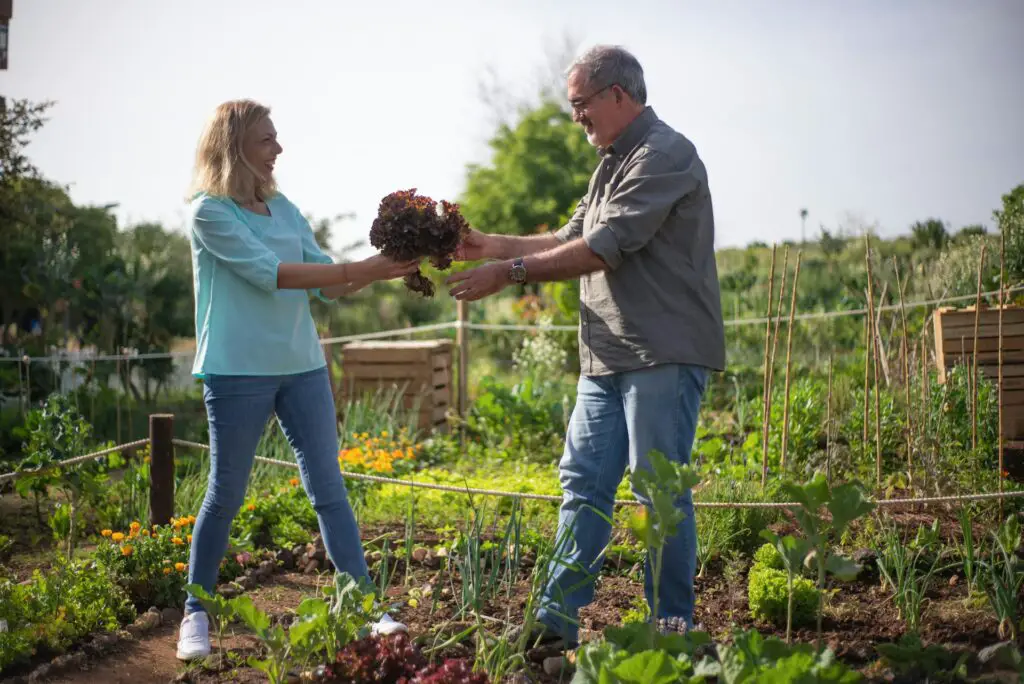
Retirement can sometimes feel isolating, but human connection is vital for happiness and mental health. A quick chat with a neighbor, a short phone call to an old friend, or even a smile at a passerby can make a difference. Socializing doesn’t have to mean big gatherings; small, daily interactions matter just as much. Research shows that staying social reduces stress, keeps the brain sharp, and even helps people live longer. Whether it’s joining a local club, attending community events, or simply sending a text, keeping in touch is a habit that pays off.
5. Eat One Healthy Meal Mindfully

Food isn’t just fuel—it’s an experience. Taking time to eat at least one meal slowly and without distractions helps you enjoy flavors, improves digestion, and even prevents overeating. Choosing whole, nutritious foods like fresh vegetables, lean proteins, and healthy fats can improve energy and overall health. The Mediterranean diet, which focuses on these foods, has been linked to longer life and lower risks of heart disease. If cooking feels like a chore, try experimenting with easy, healthy recipes or sharing meals with friends. Enjoying food with intention makes every bite more satisfying.
6. Do Something Creative

Creativity isn’t just for artists. Engaging in creative activities, like painting, writing, gardening, or even arranging furniture, is a great way to keep the mind active. Studies show that creative hobbies help reduce stress, boost mood, and even improve memory. The key is to do something enjoyable without worrying about results. It’s about the process, not perfection. Many famous artists and writers did their best work later in life—Grandma Moses, for example, didn’t start painting until she was in her 70s. Creativity brings a sense of fulfillment and can make everyday life feel more vibrant.
7. End the Day with a Simple Reflection
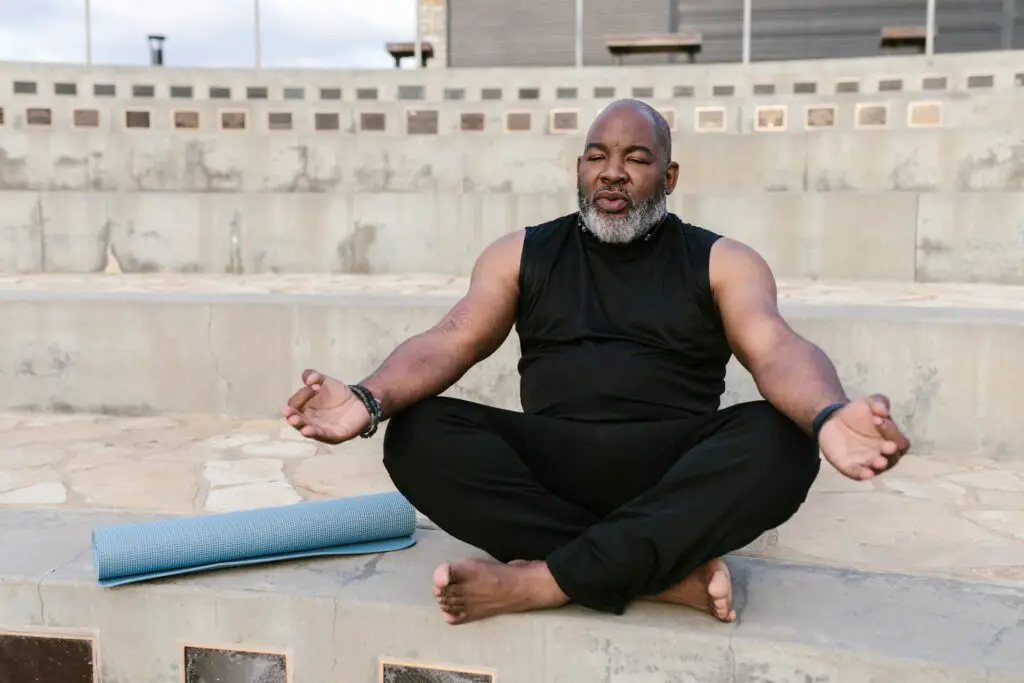
Just as starting the day with gratitude is powerful, ending it with reflection brings a sense of peace. Taking a few minutes before bed to think about what went well can improve sleep and overall happiness. This habit doesn’t need to be complicated—just a quiet moment to appreciate small victories, lessons learned, or happy moments. Keeping a journal or simply talking about the day with a loved one can make this habit more meaningful. Reflection helps shift focus from worries to appreciation, making each day feel more fulfilling.
Conclusion
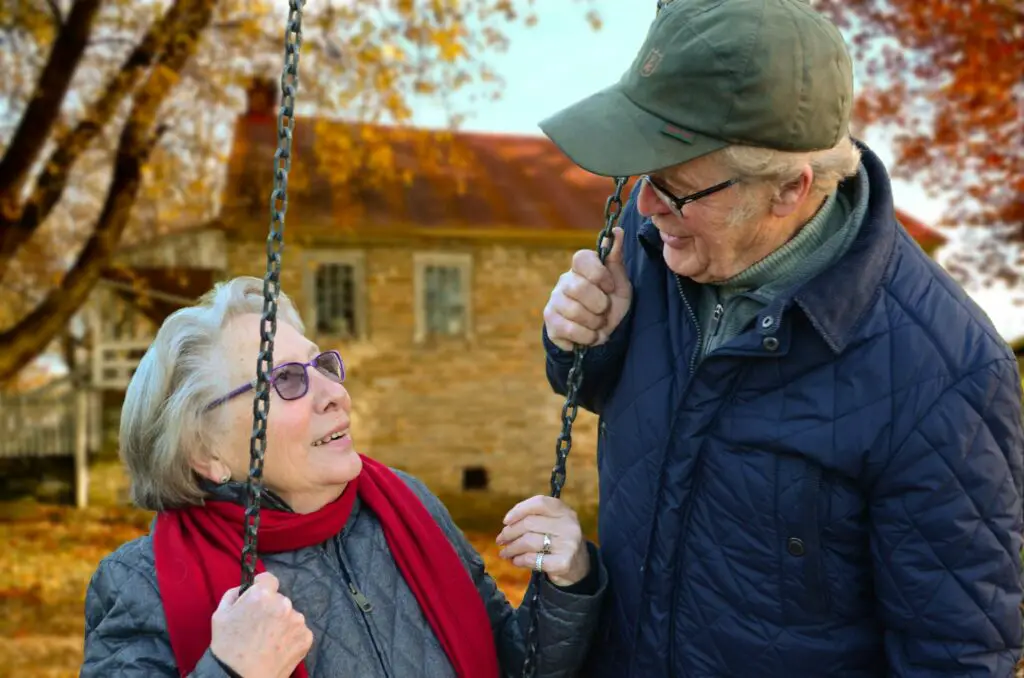
Life after retirement is what you make it. Small, simple habits can create a big difference in how you feel every day. Whether it’s moving more, learning something new, or just taking a moment to be thankful, these little changes add up to a happier, healthier life. The key is to start small and stay consistent. Before you know it, these daily habits will feel natural, making retirement a time of joy and growth.
Leave a Reply